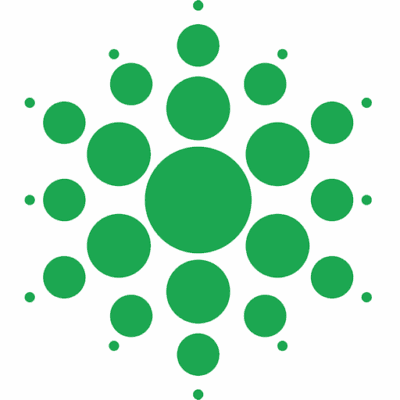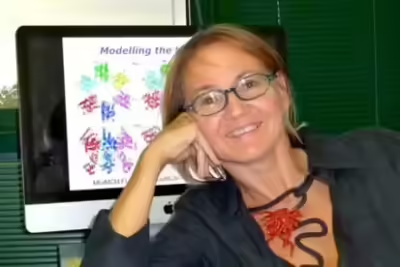Structural biology has been the most successful applications of physics to biology, providing atomic information on several thousands of macromolecules and complex macromolecular machines. Among these machines, I have always been fascinated by helicases, a family of proteins that act as molecular motors, using the energy from ATP hydrolysis to move along the DNA and unwind the double helix. Eukaryotic cells contain large amount of DNA that needs to be faithfully copied to ensure genetic continuity, and constantly repaired to counteract the damage caused by normal metabolism and external agents, and helicases are essential tools in dealing with these problems. Some of these proteins are also specialised in dealing with non-canonical structures such as G-quadruplexes and R-loops. We use a combination of biophysical and biochemical techniques to study these fascinating machines and understand their mechanism of action at the atomic level.
Structural insights in DNA replication and repair
Abstract
Speaker
About
Silvia Onesti obtained a PhD in Biophysics from Imperial College, working under the supervision of David Blow (one of the founders of macromolecular crystallography) and Peter Brick. After a postdoctoral fellowship at Imperial and two brief parentheses at the University of Pavia and l’École Polytechnique, she joined Imperial College as a principal investigator, where she spent 20 years first in the Department of Physics and then in the Department of Life Science. She moved back to Italy in 2009 to set up the Structural Biology Laboratory at the Italian Synchrotron facility Elettra.
Selected recent publications
RSVP to this event
About
The Biophysics in Africa Monthly Colloquium Series is a joint project of the African Light Source Foundation (AfLS), African Physical Society (AfPS), and the South African Institute of Physics (SAIP). SAIP is an adhering body of the International Union of Pure and Applied Biophysics (IUPAB). The colloquia are always on the last Wednesday of every month. In addition to participation by students and colleagues worldwide, we invite speakers from around the globe as well. For more information please feel free to contact us at colloquium.series@africanbiophysics.org

